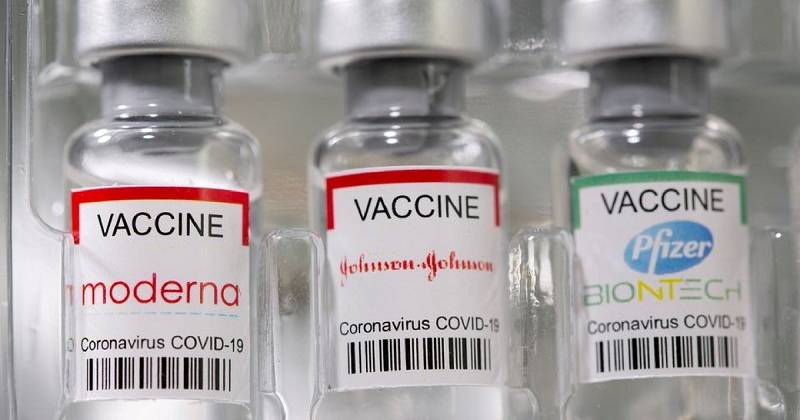
When it comes to getting a booster vaccine shot, there are several options for the fully vaccinated people, as the United States Centers for Disease Control and Prevention (CDC) has announced that the qualified individuals could choose a different vaccine while getting the booster shot.
The following is some advice from the experts for those who want to choose the best Covid-19 booster shot.
Although the options may appear perplexing, Dr. Monica Gandhi, an infectious disease expert at the University of California, San Francisco, attempted to simplify the process.
She explained that in general, one could buy whatever they wanted for their booster shot, with only one exception, that is for those who received the Johnson & Johnson Covid-19 vaccine for their initial shots, should always follow with an mRNA vaccine.
Based on data demonstrating that a second J&J injection enhanced vaccination efficacy against COVID-19 disease to 94 percent, up from 72 percent with a single-dose vaccine, the FDA approved the vacccine.
However, a trial of mixed booster shots conducted by the United States government discovered that the participants who received a J&J shot followed by an mRNA booster had considerably greater levels of protective neutralising antibodies.
The CDC’s suggestions reflect the agency’s intention to make administering the shots as simple as possible. It provides doctors with more discretion in recommending an alternative vaccine to people who are at risk for specific side effects.
Younger women who are at a heightened risk of life-threatening blood clots as a result of the J&J immunization can now opt for an mRNA booster shot and J&J booster is now available for younger men, particularly those aged 12-29, who are at a higher risk of rare heart inflammatory side effects connected to mRNA vaccinations.
Pfizer or Moderna?
According to Dr. Paul Offit, an infectious disease expert at the University of Pennsylvania and a member of the FDA’s vaccine advisory council, the evidence showing a need for a booster is strongest for older people who received the Pfizer/BioNTech doses.
The issue is more complicated for younger people who were initially immunised with an mRNA vaccine. The Pfizer/BioNTech vaccine appears to lose its effectiveness faster than the Moderna doses, but both vaccines are effective in reducing hospitalisation and death.
Pfizer’s two-dose regimen was given three weeks apart, while Moderna’s was given four weeks apart. Experts believe that the longer spacing, rather than any innate power of the vaccine, is leading to the difference between the two vaccines.
Pfizer’s shot, as well as its booster, contains 30 micrograms of vaccine. The original Moderna shots were 100 microgram dosages, however the booster has been approved at a half dose. It’s unclear whether Moderna’s lower-dose booster will be as long-lasting as the original jabs.
People over 65 who received the Pfizer vaccination three weeks apart should get a third dose of either one, according to Dr. Monica Gandhi. Anyone else should talk to their doctor about the risks and advantages in a more tailored way.
The lower amount may lessen the short-term negative effects of the higher-dose Moderna shot, such as fever and body aches, as per the advice from Kathryn Edwards, a vaccine researcher at Vanderbilt University Medical Center.

Post Your Comments